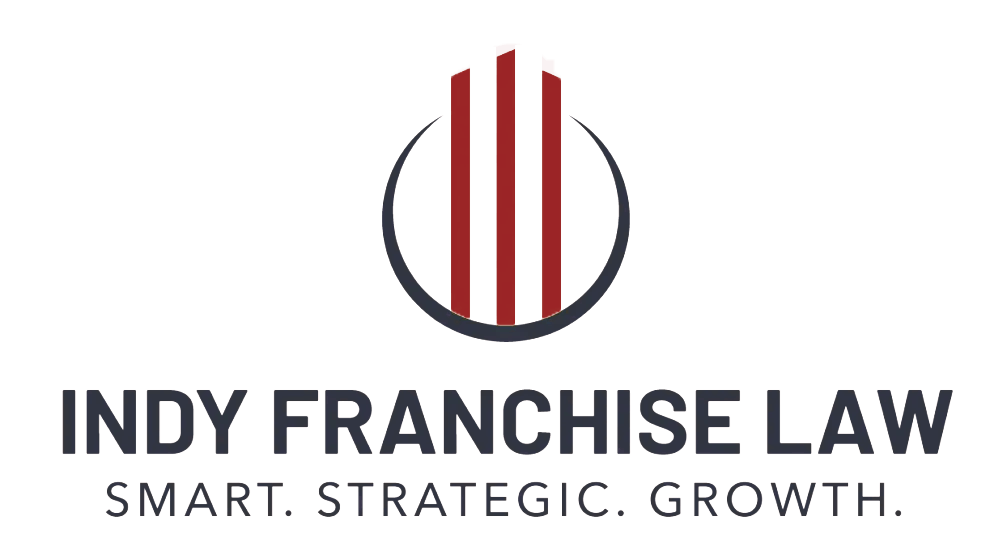Item #7 is the last item dealing with the essential fees and investments required to join the franchise and open the doors to your location. To recap, item #5 covered the initial fee owed to the franchise; a one-time payment to join their club. Item #6 goes deeper, covering the ongoing fees, such as royalty and advertising, which keep your ‘membership’ current, allowing you to keep your doors open and continue using the franchise’s name and reputation.
Item #7, then, takes a slight turn and delivers a somewhat thorough assessment of the costs to open your doors, commence business operations, and keep your head above water until you break even and start making a profit.
What you’ll learn:
• The seven categories of expenses required to open your doors and operate for the first three months, including:
- Initial franchise fee
- Training expenses
- Real property
- Equipment, fixtures and decorating costs
- Initial inventory
- Security deposits, business licenses, etc.
- And, additional funds
A comprehensive formula for determining your preliminary capital needs, item #7 should not be taken lightly.
Why is this important?
Like any business, your franchise will take some time to be profitable. It’s essential that you understand what it’s going to take financially to get your doors open and ready for paying customers, what your first 3 months will look like, and how to make it through until you hit that magical milestone of breaking even. If you’re undercapitalized, or if it takes longer to break even than you expected and you don’t have backup funds, then you could find yourself closing up shop before you ever really get started.
The seven categories covered are comprehensive, and therefore lengthy! Everything from construction costs to local licenses is included. You’ll see a lot of numbers and figures so don’t neglect to go through this with your attorney as well as your accountant to make sure the fees make sense AND add up.
In addition, the FTC requires that this section include other pertinent information such as who you make payments to, when they are due, whether the payments are refundable and if they can be financed or have to be paid in full, up-front. Read through this carefully, because you don’t want to spread your start-up capital too thin, or get surprised by an out-of-pocket expense that you could have been prepared for had you paid more attention!
It’s valuable to note that this section also has a lot of pitfalls to look out for. First of all, be aware that the information contained in item #7 is an estimate of your start-up costs and that it’s generally presented in a range. The information is calculated based on all of the franchises’ current locations and then averaged out. Your exact costs will be dependent on your location, whether you are building or leasing, your local fees, and other pertinent factors. In other words, don’t expect a pointblank number. It’s best to go over these figures with an accountant and the franchise executives, themselves, to get an exact budget for your specific situation.
Second, too many franchisees assume that this is an exhaustive start-up capital list. While it is extensive, it is not exhaustive. And there is a difference. Always assume that something else will come up. And be sure you have the capital to cover you even beyond what item #7 says. One of the best ways to prepare is to talk to other franchisees about problems they ran into, how long it really took them to be profitable and so on. This will help you to be truly prepared for the unexpected.
Finally, note that this section provides you with estimated costs for the first three months. Do your homework to determine if you’ll actually be profitable by that point, or if you need to assemble funds to sustain you for longer. Again, it’s best to talk to other franchisees about this and see how long it took them to break even and start making money.
The bottom line is that #7 will give you a good place to begin calculating your start-up budget, but always give yourself a cushion beyond that. You don’t ever want to find yourself in the position of running out of funds before you hit the profit mark. Talk to other franchisees, the franchise executives, your accountant and your attorney to get a solid figure and truly be prepared to go the distance!
Next week we’ll switch gears and start discussing your products and services!









